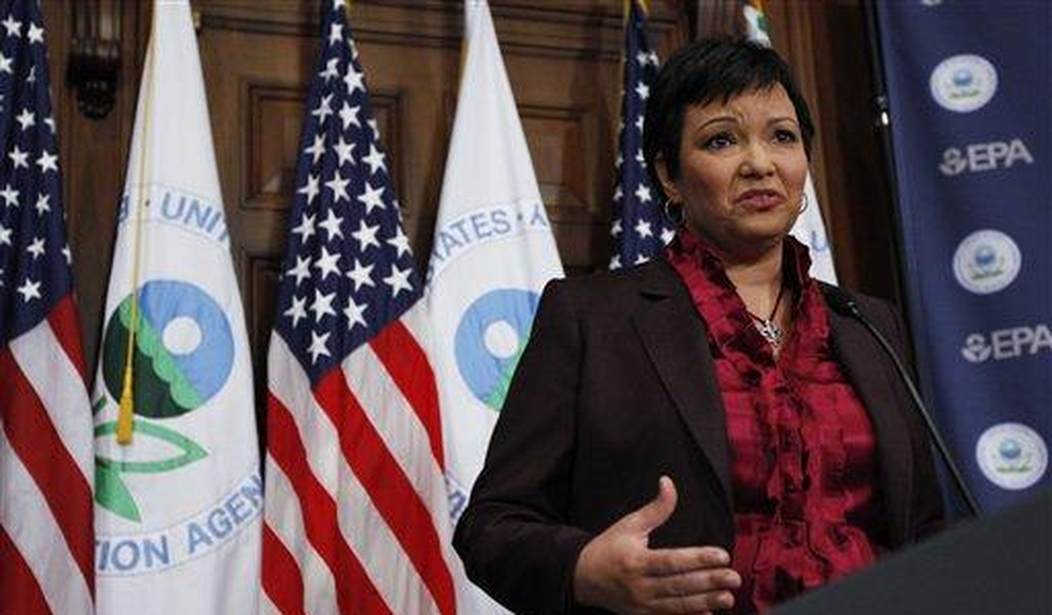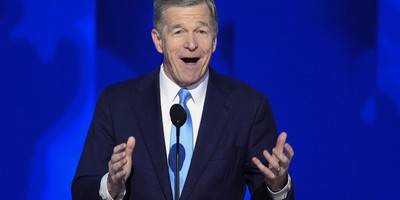Other than providing generous pay and fat pensions, many federal agencies are not great places to work, according to federal employees themselves on a new survey.
A Washington Post story summarized the OPM results:
“The average government worker comes in 13 points below the average private-sector employee in terms of job satisfaction, according to the ‘Best Places to Work in the Federal Government’ report.
‘This is an ongoing train crash,’ said Max Stier, president of the Partnership for Public Service.
Hay Group, which collaborated on the data, found that job satisfaction in the private sector was not only higher than in the public sector, it even climbed since last year — from 70.0 to 70.7 points out of 100 — all while the government numbers fell.
Of the 10 questions that both public and private employees answered, government scored higher on only question: Do you like the kind of work you do?
On every other question, including how well colleagues cooperate and how well management keeps employees informed, private-sector workers gave their organizations higher marks.”
During the Bush years, government failures were explained away by liberal pundits as being the result of a Republican administration that (supposedly) did not believe in government. But the government-loving Obama administration has now been in office five years and federal employees are more dissatisfied than they have been in at least a decade.
Many liberal experts—such as these folks—will admit that the government bungles a lot of its activities. They usually call for reforms like more coordination, reduced overlap, and better leadership to solve the government’s mismanagement problems.
However, the government will never operate as effectively as private enterprise for many reasons. One is that government workplaces will always be buried under piles of rules and regulations that frustrate workers and stifle initiative. Another is that the government has rigid pay structures that don’t differentiate between the slackers and the hard workers. Ludwig von Mises discussed some of the fundamental differences between private enterprises and government bureaus in his book Bureaucracy seven decades ago. Little has changed since then, despite repeated efforts to “reinvent government.”
One reason why our federal government is a particularly poor performer is that it has become so large, complex, and immune to oversight. If Americans want Washington to work better, they should insist that it be downsized as much as possible. Some agencies should be abolished, such as the lowest scoring agency on the new survey, the Economic Development Administration, which is an unneeded pork barrel machine. Other agencies should be privatized, such as the low-scoring Transportation Security Administration.
Less would be more when it comes to government and its performance.

























Join the conversation as a VIP Member